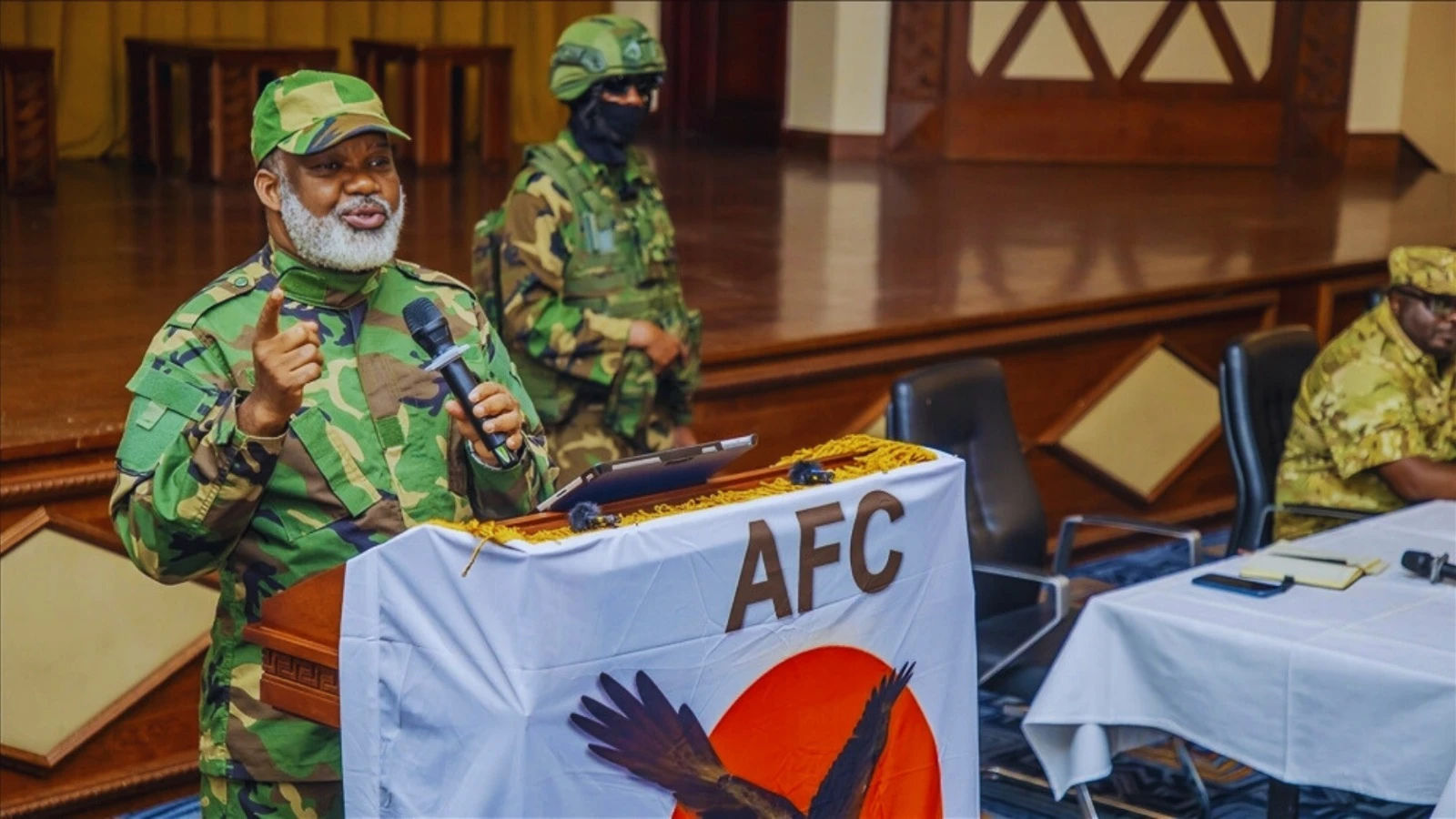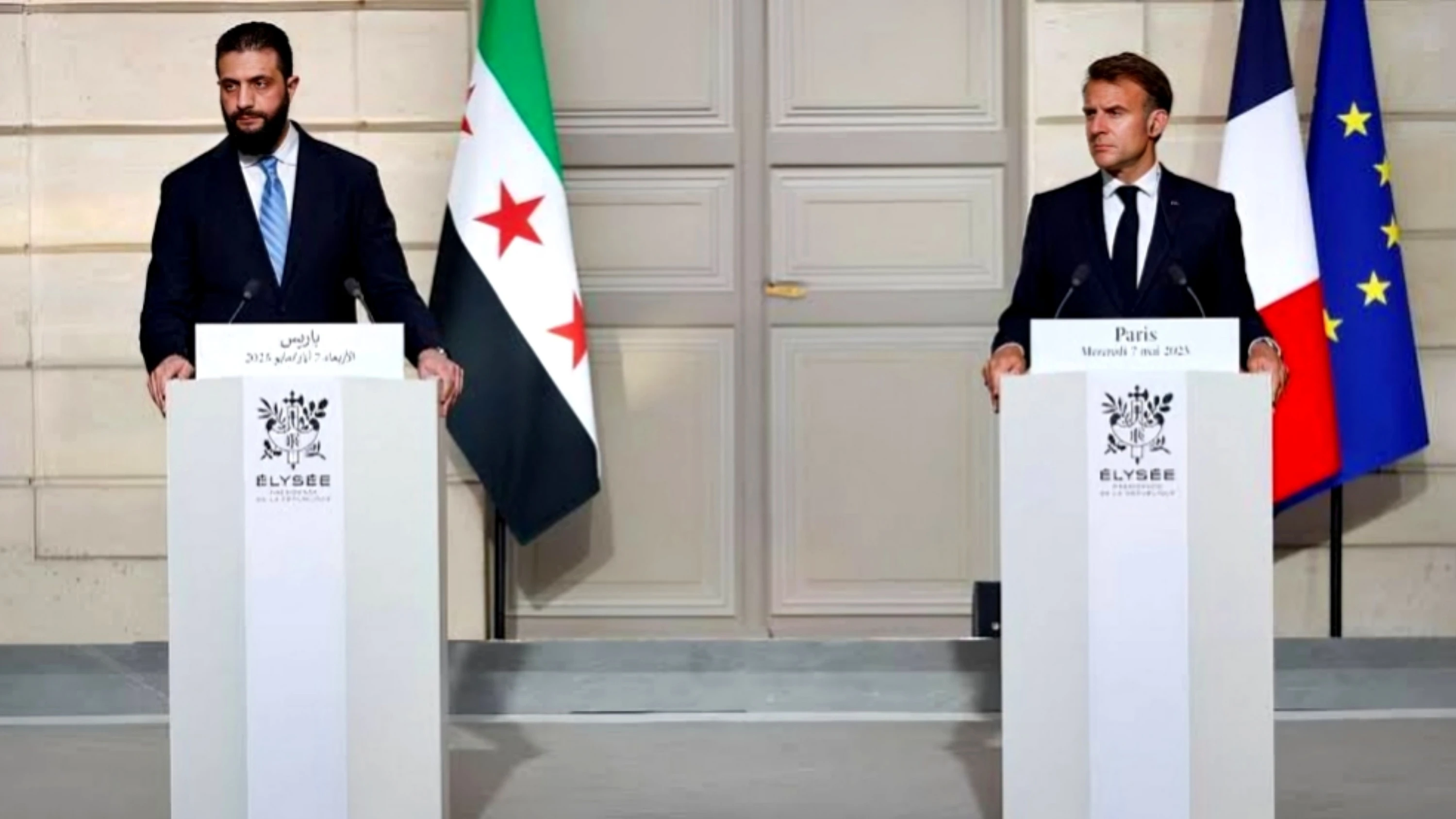Kinshasa: M23 rebels, backed by Rwanda, have announced plans to withdraw from the recently seized town of Walikale in eastern Democratic Republic of Congo (DRC), citing support for peace efforts. However, Congolese government officials and military personnel remain skeptical about the sincerity of this move.
The announcement follows M23's abrupt withdrawal from planned peace talks with Congolese authorities earlier this week, reportedly due to European Union sanctions on some of its leaders and Rwandan officials. This would have been the first direct engagement between M23 and the DRC government after President Felix Tshisekedi’s policy shift to open dialogue with the rebels.
The Congo River Alliance, which includes M23, issued a statement confirming its decision to "reposition its forces" from Walikale and nearby areas that were captured earlier this week. The statement emphasized that this move aligns with a ceasefire declared in February and aims to support ongoing peace efforts.
A senior alliance member, speaking on condition of anonymity to Reuters, stated that repositioning meant a withdrawal to “give peace a chance” but did not specify where M23 forces would relocate. The source added that M23 demands Walikale and its surroundings remain demilitarized, warning that a return of Congo’s army (FARDC) and allied forces could trigger renewed hostilities.
Foreign Affairs Minister Therese Kayikwamba Wagner responded to the announcement, stating, "We are going to see whether M23 will withdraw from Walikale and whether M23 will give priority to dialogue and peace ... We hope that this will be translated into concrete action."
The Congolese army has yet to issue an official statement. However, senior military officers expressed doubt about the rebel group’s claims, stating, "They will not withdraw. They will move in front of (Walikale) and behind it." Another military source reported that M23 forces were advancing toward Mubi, another strategic town, after the army and pro-government militias bombed Walikale’s airport and disrupted M23’s supply routes.
On Thursday, an M23 officer assured Walikale residents that a small unit of rebels would remain in the town to provide security while the main force continued its push toward Kinshasa, the country’s capital.
Walikale represents the furthest westward advance of the rebel group, which has already overrun eastern Congo’s two largest cities since January. Its capture brings M23 within 400 km (250 miles) of Kisangani, a crucial trade hub on the Congo River and the country’s fourth-largest city. Kisangani’s location is strategically significant, as it serves as the farthest navigable point upstream before reaching Kinshasa, approximately 1,500 km (930 miles) away.
The escalating conflict stems from deep-rooted historical tensions, including the aftermath of Rwanda’s 1994 genocide and ongoing competition for the region’s rich mineral resources. Congo, the United Nations, and Western governments have repeatedly accused Rwanda of supporting M23 with arms and troops—allegations that Rwanda denies, claiming its military actions are in self-defense against Congo’s army and militia groups linked to genocide perpetrators.
Despite calls for de-escalation, M23 leader Corneille Naanga dismissed a joint ceasefire appeal by both the Congolese and Rwandan governments. Naanga instead reiterated that direct negotiations with Kinshasa remain the only viable path toward resolving the conflict.








